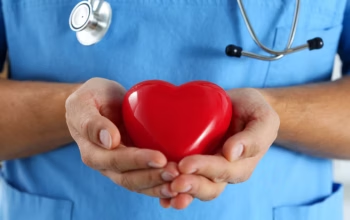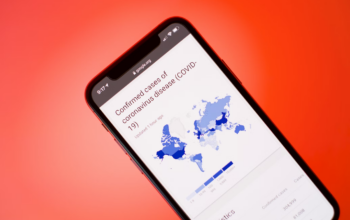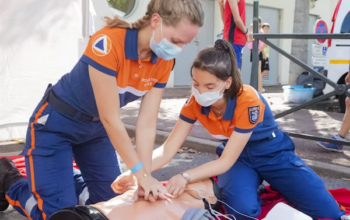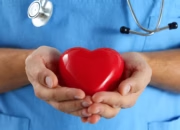Uzone.id — For years, colorectal cancer—whether it affects the colon or rectum—was mostly seen as an issue for older adults, something to worry about later in life. However, that perception has shifted. Doctors found a troubling trend: colorectal cancer is rising significantly in younger adults, especially those in their 20s, 30s, and 40s.
While this type of cancer was once uncommon in younger people, it’s now rapidly becoming one of their biggest health threats. Unfortunately, it’s often overlooked in younger patients until it’s too late – making early detection and awareness all the more important.
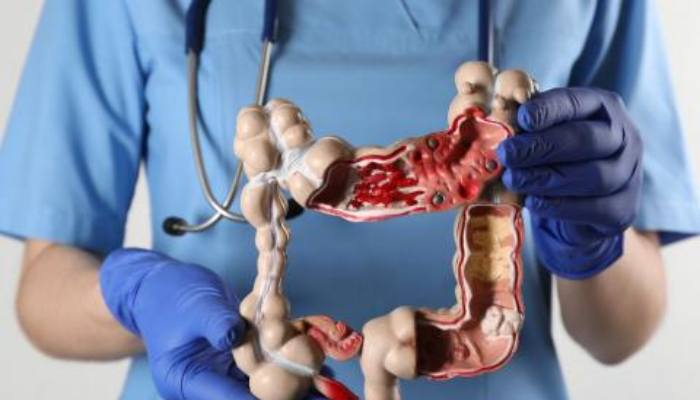
“Colorectal cancer is rapidly shifting to diagnosis at a younger age,” concluded the authors of an American Cancer Society.
Growing concern for younger generations
A study published in The Lancet found that colorectal cancer rates have been increasing by about 2% annually in people under 50. For those who don’t know, colorectal cancer is a type of cancer that affects the colon (large intestine) or rectum.
It is one of the most common types of cancer worldwide. It can cause severe harm and death.
Research from the American Cancer Society predicts that approximately 153,020 individuals will be diagnosed with colorectal cancer and 52,550 will die from the disease, including 19,550 incidences and 3,750 deaths in people younger than age 50.
“We are seeing a clear uptick in colorectal cancer in younger generations,” said Haddon Patel, MD, a Yale Medicine colorectal surgeon.
Experts believe lifestyle factors such as poor diet, lack of exercise, and increasing obesity rates may increase the risk of colorectal cancer. But there are also other factors such as family history and genetic condition.
Genetics plays a significant role in colorectal cancer risk. If you have a family history, it’s critical to inform your doctor and consider early screening before age 45.
Key symptoms you shouldn’t ignore
Some of the early symptoms of colorectal cancer include blood in your stool, a change in bowel habits, weight loss for no known reason, a feeling of bloating or fullness, and fatigue.
For your information, colorectal cancer doesn’t always show obvious symptoms right away, which is why early detection is crucial.
That being said, here are more explanations about signs you should watch out for
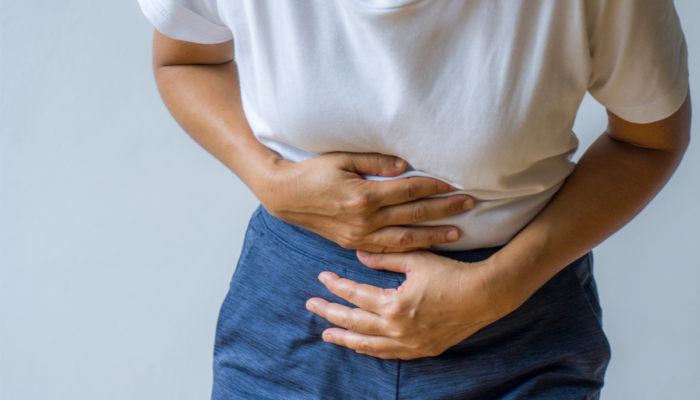
Changes in Bowel Habits: Pay attention if you notice unexplained diarrhea, constipation, or any other changes in your bowel movements lasting for more than a few days.
Blood in Stool: Finding blood in your stool can be alarming, and it’s something that should be checked by a doctor.
Unexplained Weight Loss: If you’re losing weight without trying, it could be a sign of something serious.
Persistent Abdominal Discomfort: This could include cramps, gas, or pain that doesn’t seem to go away.
“If anyone has any change in their bowel habits, if they have any bleeding—even if they think it’s hemorrhoid, and it doesn’t go away—just get a colonoscopy,” said Vikram Reddy, MD, PhD, a colorectal surgeon from Yale Medicine.
Prevention tips for millennials and Gen Z
The good news is that colorectal cancer is highly preventable, especially if you take some key steps now. To avoid colorectal cancer, consider making a change in how you live.
If you smoke, quit: That includes e-cigs. If you smoke, your risk is higher not only for lung cancers but for colorectal and other cancers.
Exercise and stay active: Regular physical activity can help keep your colon healthy.
According to the American Cancer Society, exercise lowers the risk of colorectal cancer. Even just 30 minutes of moderate activity like walking or cycling can make a big difference.
Lose weight: If you are overweight or obese, you have a higher risk of both developing colorectal cancer and dying from it. This is especially true for colon cancer.
Consume adequate fiber: You should take in 25 grams of fiber a day to maintain a healthy colon. Also, eating fruits, vegetables, whole grains, and lean proteins can help protect your colon. The typical American diet is 10 to 15 grams of fiber a day.
Get screened: Even if you don’t have symptoms, getting screened for colorectal cancer is crucial, especially as you get older. Early screening is the best way to catch colorectal cancer in its early stages when it’s most treatable.
While screening is generally recommended starting at age 45, younger people with a family history of colorectal cancer or other risk factors may need to be screened earlier. Talk to your doctor about the best time to start screenings.



